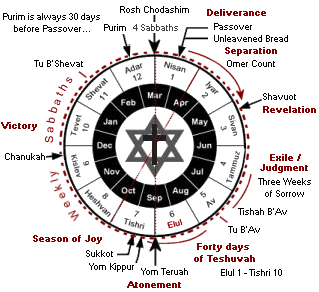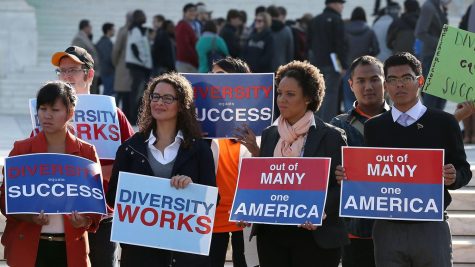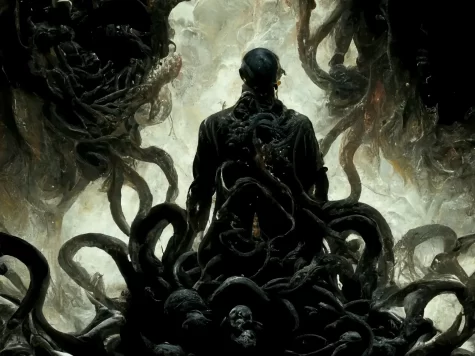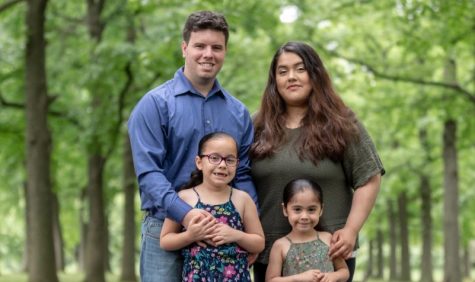The Jewish Holidays

How often do we get two days off from school in the middle of the week, followed by another day off ten days later? Let alone it all be in the first month of school. But why? Why do all of these things happen? The two most important days of the Jewish year are the answer.
Before we get into their importance, we need to address what these holidays are. The Jewish New Year, known as Rosh Hashanah, is the celebration of the birth of the world. The single day off ten days later is Yom Kippur, the day of forgiveness. This is when the Jewish people repent for their sins in the past year. Now that we know what the holidays are, what do they mean? When asked what the holidays mean to him, retired professor of Goucher College in Baltimore, Maryland, Eli Velder said “The Jewish holidays keeps the people [the Jewish people] alive. We have been without a country for 2000 years. Not many religions or groups of people have stayed together, but the Jewish people have because of the holidays.” The Jewish people depend on the holidays to keep the religion alive.
This is useful information, but why do we have the holidays off? As Dr. Velder said, “There is a practical question, would you give off school for Buddhist and Muslim? Where does the government draw the line?” After all, every holiday can’t be a day off, or else there would practically be no school or work.
The West Orange school board gives the holidays off to a minority because many of the students and teachers attend the religious services during the day. Another reason the holidays are important to the Jewish people is that observing the holidays creates a way of life with positive values. It gives a day of relaxation and a day away from the regular busy week. So the next time we have off for school, think about those celebrating and remaining somber for the holidays.








































































